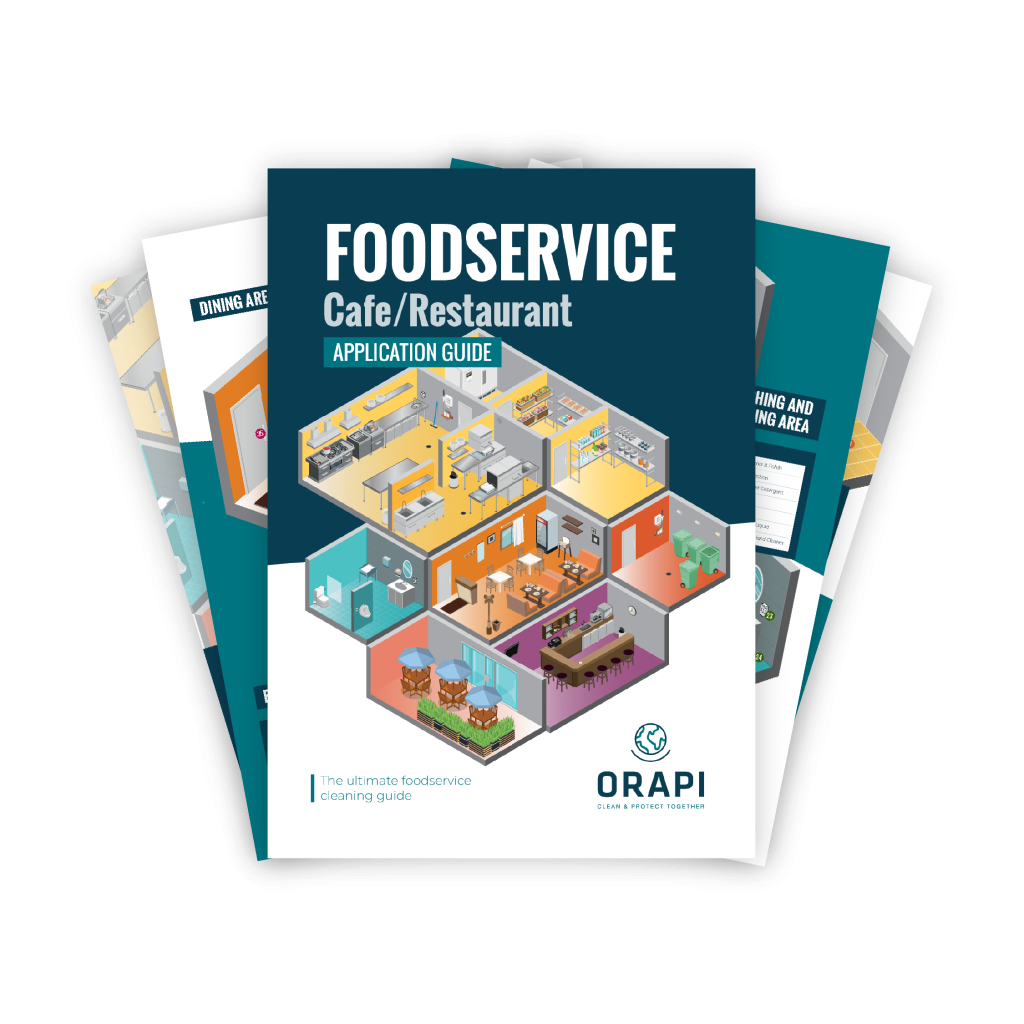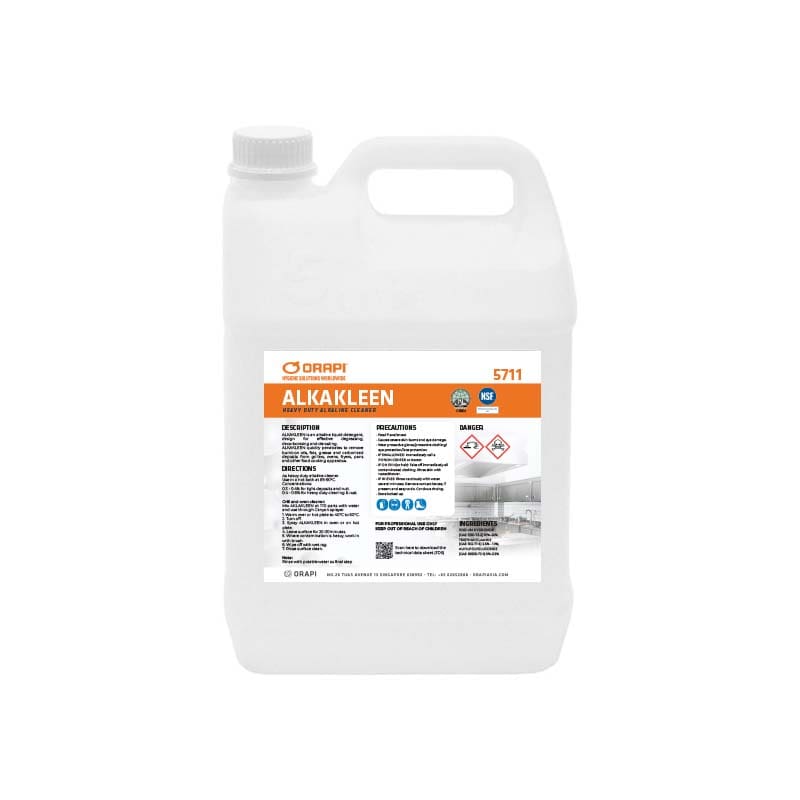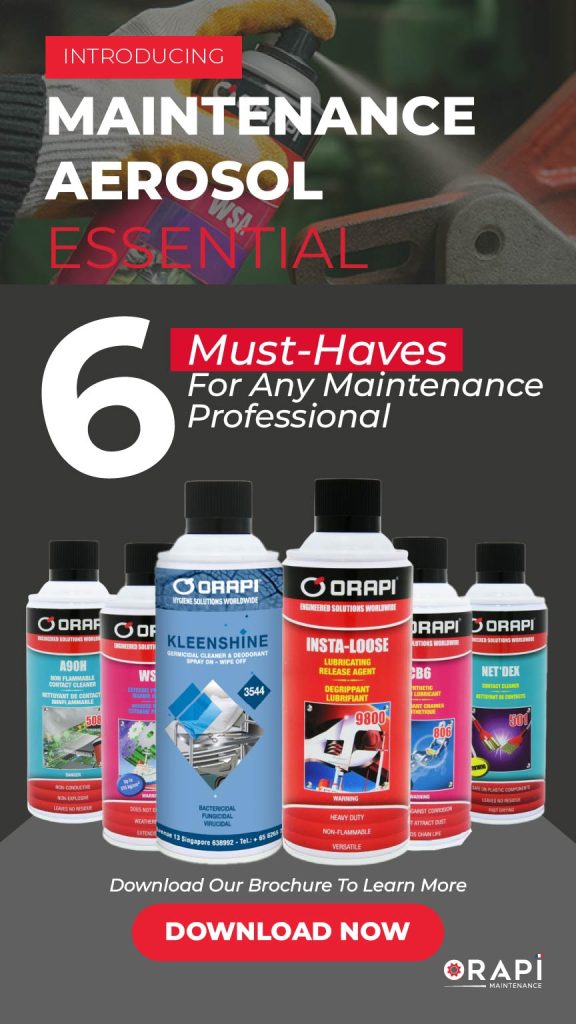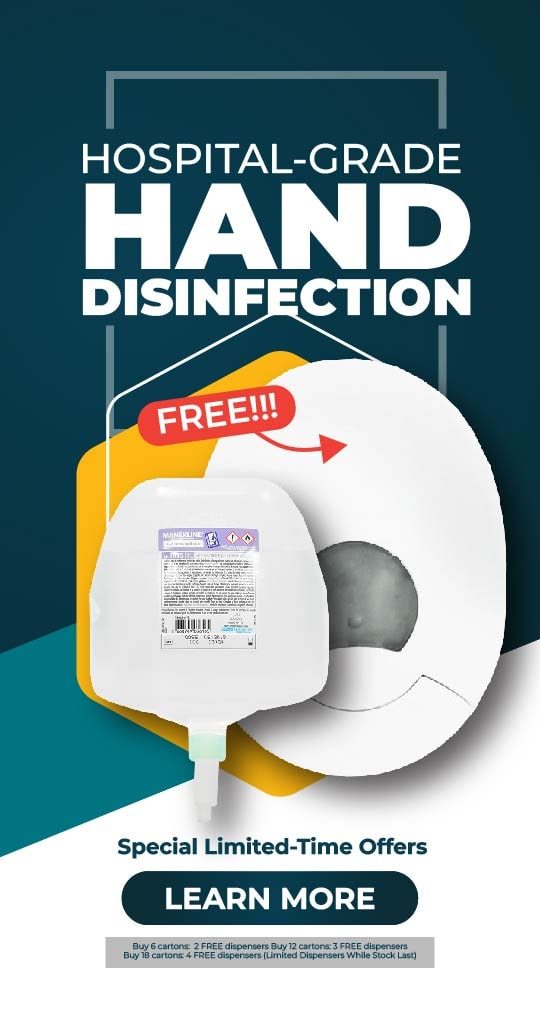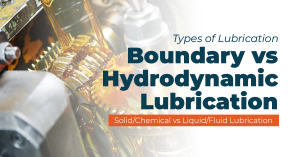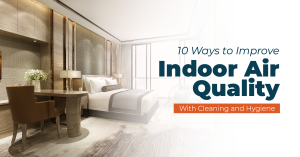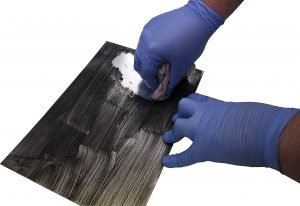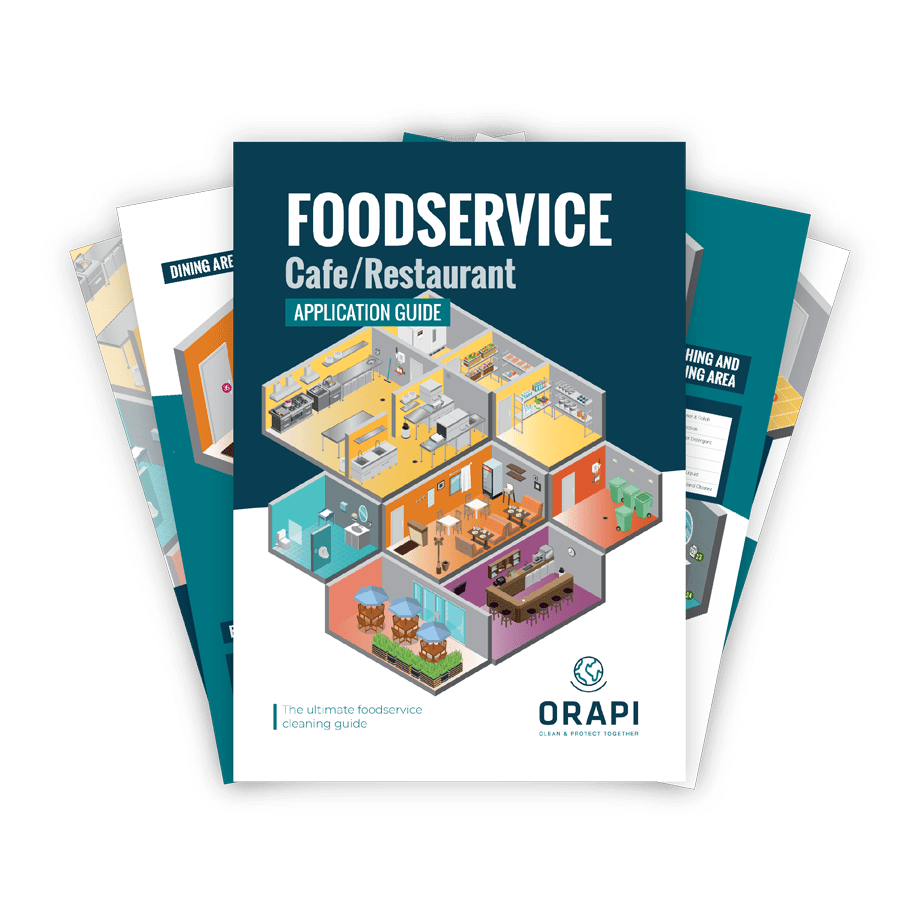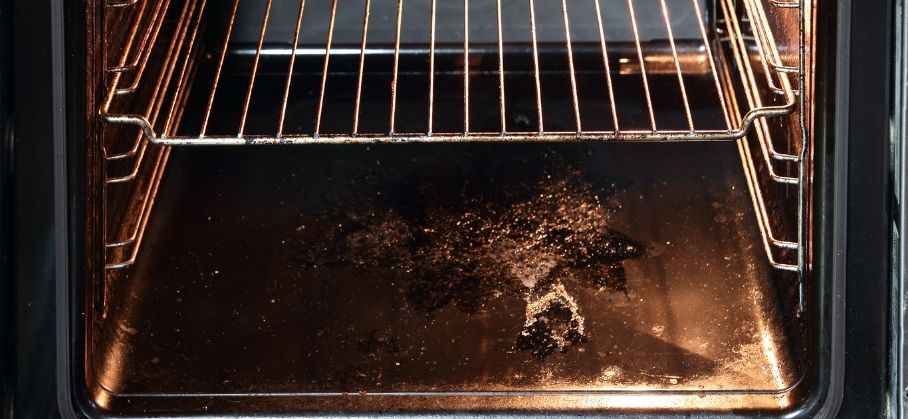
Common Problems
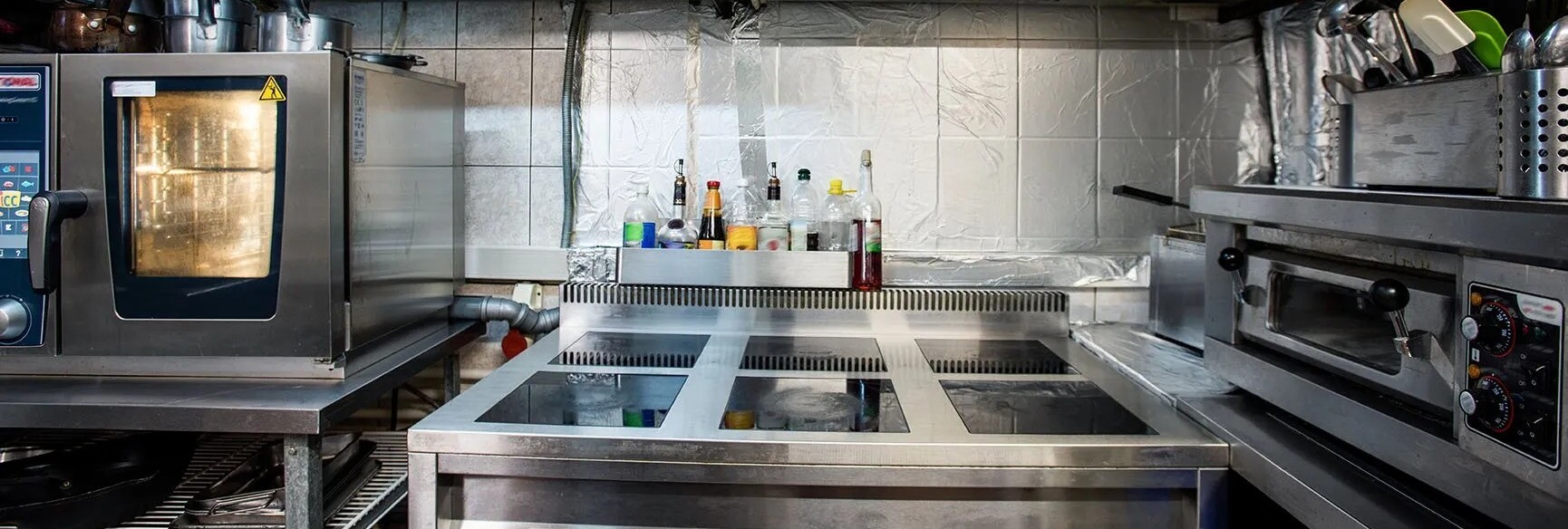
Grease Build-Up
When fats and oils from cooking meat and other foods splatter, they can coat the interior surfaces. Over time, this grease hardens and becomes difficult to remove.
- Causes: High-fat foods, lack of regular cleaning, splatters from roasting and grilling.
- Challenges: Hardened grease is resistant to basic cleaning methods and may require strong degreasers or repeated cleaning.
Carbonised Stains
Carbonised stains, also known as carbon deposits or burnt-on residues are extremely harmful for health. They result from food particles, grease, and other organic materials being subjected to high temperatures for extended periods. This process turns the substances into a hard, black, carbon-based residue. These residues often result from spills, overflows, and direct contact with heating elements or grates.
- Causes: Spilled sauces, overcooked food, crumbs, and food falling through grill grates.
- Challenges: Burnt-on food can be very stubborn, requiring scrubbing, soaking, or specialised cleaning products.
Odours
Lingering odours in ovens and grills are not only unpleasant but can also affect the flavour of new food being cooked. These smells are often a result of accumulated grease and burnt food residues.
- Causes: Accumulated grease and food particles, insufficient ventilation, cooking strong-smelling foods.
- Challenges: Odours can be persistent and may necessitate deep cleaning and deodorising methods.
What to Look for in an Oven and Grill Cleaner
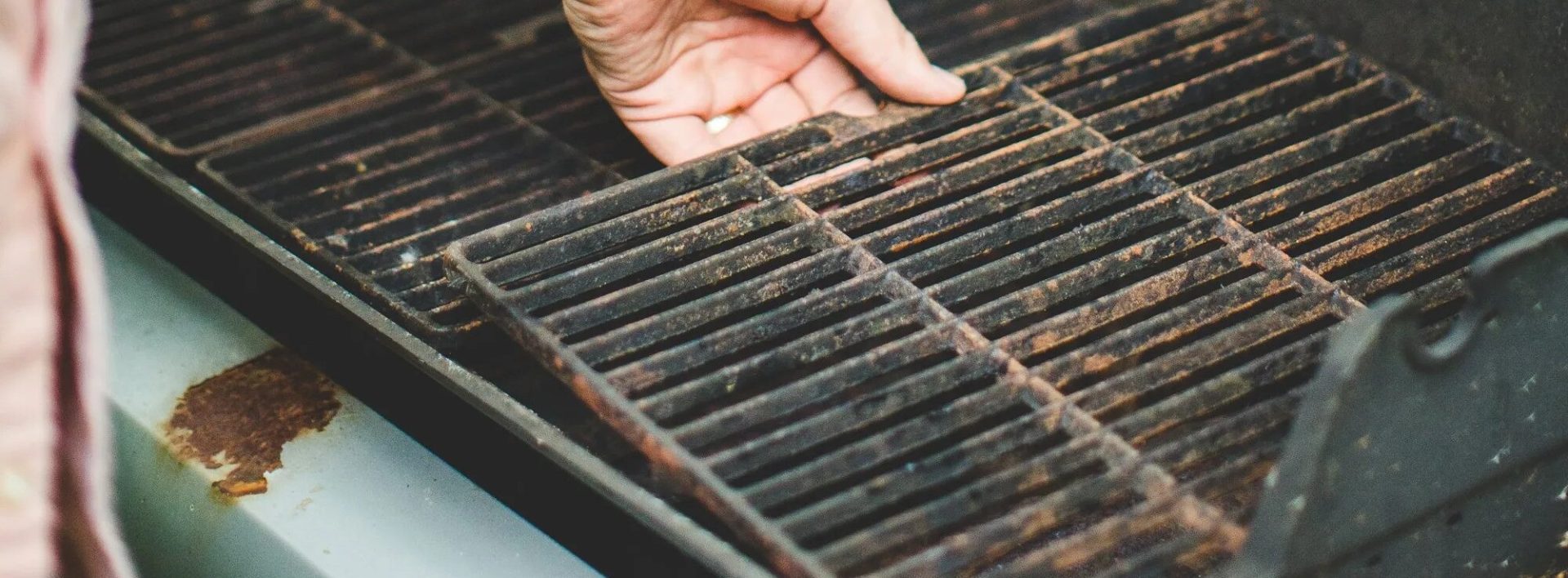
Derust, Decarbonise, and Degrease
An oven and grill cleaner must be able to derust, decarbonise, and degrease stainless steel to ensure hygiene, performance, and longevity. Removing rust is important to prevent bacterial growth and maintain a safe cooking environment, as rust can harbour harmful pathogens. Decarbonising is necessary to eliminate carbon deposits from burned food, which can also be breeding grounds for bacteria and negatively affect heat distribution and cooking efficiency. Degreasing can help avoid grease build-up, which can attract pests, promote bacterial growth, and cause smoke or flare-ups during cooking, thus impacting food quality and safety.
Remove Bunt Oils, Fats, and Grease
Burnt oils, fats, and greases can cause unpleasant odors and smoke during cooking, which can affect the flavour of the food and potentially cause flare-ups that can be dangerous. Moreover, these residues can build up over time, reducing the efficiency of the appliance by affecting heat distribution and cooking performance. Regularly removing these deposits helps maintain a clean, sanitary, and optimally functioning cooking appliance, ensuring better food quality and safety.
Cleaning Without Streaks
A streak-free finish is also important for the functionality of glass oven doors, allowing clear visibility to monitor cooking without opening the door. Additionally, streaks can attract and hold onto more dirt and grime, making future cleaning more difficult.
Remove Protein-Based Soils
Protein-based soils, such as residues from meat, poultry, and other protein-rich foods, can contain harmful bacteria and pathogens, posing significant health risks if not properly cleaned. These residues can also lead to cross-contamination, affecting the safety and quality of other foods prepared in the same area. Additionally, protein soils can create unpleasant odours and can be difficult to remove if allowed to build up over time, potentially damaging equipment and reducing its efficiency.
How to Clean Oven and Grill
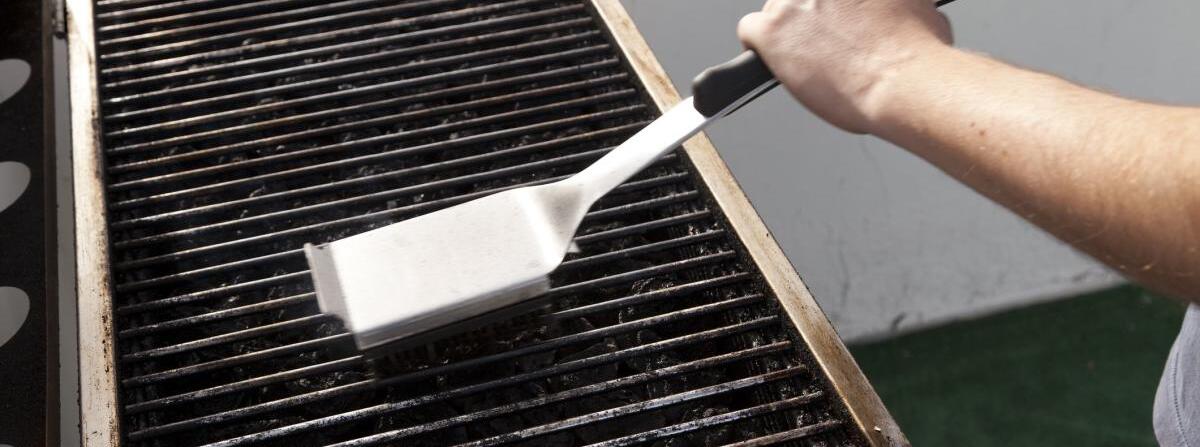
Daily Interior and Cooktop Burners Cleaning
Given the heavy usage, it’s essential to clean your oven’s interior daily. Remove the racks and soak them in the recommended cleaner or a mixture of water and mild dish soap for about 10 minutes. Use the same solution to wipe down the interior, avoiding the heating element and temperature probe. If your unit has a cooktop, scrub down the burners daily and soak the burners and grates in warm, soapy water at least once a month to remove stuck-on grease and grime.
Clean the Oven Racks
Frequent cleaning of oven racks helps maintain your oven’s performance. Remove the racks and soak them in hot, soapy water. Use a scrubbing pad to remove any stuck-on food or grease.
Wipe Down Walls and Doors with Industrial Oven Cleaner
With the racks removed, wipe down the oven interior and inside of the oven doors using a damp towel. Often, warm water suffices for a well-maintained commercial oven, but industrial cleaners can be used if necessary. Thoroughly wipe down areas around fans to promote airflow and maximise efficiency. Some ovens have removable doors for easier cleaning and feature easy-to-clean porcelain interiors.
ORAPI RECOMMENDS:
Grill & Oven Cleaner
Clear Out Crumbs
Look for Grease Build-up on Fans
Check for grease build-up on your oven’s exhaust fan, fan motor, or blower a couple of times a month. Excessive grease can restrict airflow and harm ventilation. Follow the manufacturer’s manual for specific de-greasing instructions and replace any damaged parts immediately.
Recalibrate the Thermostat
Due to frequent use, the thermostat’s calibration can become inaccurate. Every three months, place an oven thermometer inside to compare temperatures. Recalibrate or replace the thermostat if necessary, following your manual’s instructions.
Cleaning for Specialised Ovens
- Convection Oven: Clean the intake fan weekly and routinely check the fan’s hinge and surrounding area for grease and grime.
- Conveyor Oven: Remove and clean each part separately, including impingement fingers, crumb trays, and the conveyor belt. Clean daily or several times a week, depending on usage.
- Deck Oven: To clean sticky dough residues, turn up the heat to turn remnants to ash, then use an oven brush or scraper to remove remaining particles.
Manage Spills and Boil-Overs Immediately
Address spills immediately to ensure optimal performance throughout the day and to avoid tougher cleaning tasks later. Always make sure the oven is cool before cleaning to prevent burns.
Conclusion
Keeping commercial ovens and grills clean is essential for maintaining hygiene, optimal performance, and safety in restaurant kitchens. Regular cleaning prevents grease build-up, carbonised stains, and odors, which can affect food flavor, appliance efficiency, and pose fire hazards. By using effective cleaning methods and products, restaurant owners and staff can prolong equipment life and maintain high food quality standards.
